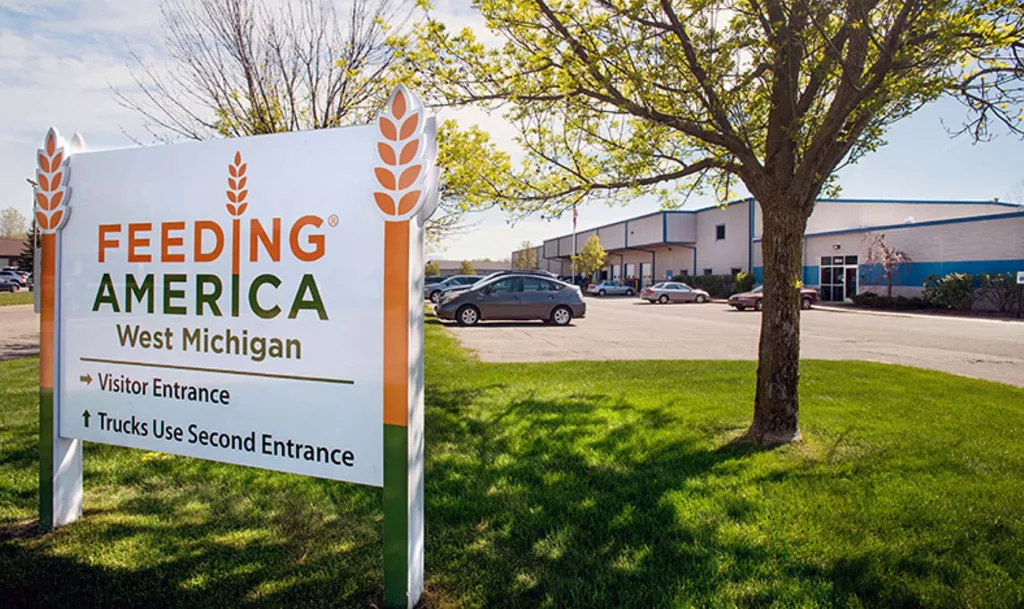As more and more people struggle through the hardships of unemployment and access to critical food supplies, Michigan finds an increasing number of them turning to food banks during the current pandemic. The good news is that Michigan is becoming a model in securing and delivering emergency food supplies to the masses.
A partnership between state government, Meijer and the Food Bank Council of Michigan will help feed a growing number of residents turning to food banks during the COVID-19 crisis.
The collaborative project between the State Emergency Operations Center and Food Bank Council directly responds to the massive need being placed on the state’s seven regional food banks.
Gov. Gretchen Whitmer says, “School closures, unemployment and rising poverty related to the pandemic are disproportionately impacting people already at risk of hunger,” and adds, “Working together, the State of Michigan and our partners in the nonprofit and business sectors can help families and seniors put food on the table during these difficult times.”
Through a memorandum of understanding, now serving as a model for other states, Meijer initially sourced $1.6 million in food products with delivery to Michigan food banks starting this week. Delivery of a $2 million second round will start as early as this Friday, May 1st.
Food items provided in the program include canned vegetables and fruit, pasta, hot and cold cereal, and protein products such as canned salmon, peanut butter and canned beans.
Dr. Phil Knight, executive director of the Food Bank Council, credited the State Emergency Operations Center, Michigan Department of Health and Human Services, Federal Emergency Management Agency, Attorney General’s office and state Department of Technology, Management and Budget for activating the program in just over a week.
Dr. Knight says, “This amazing partnership means less Michiganders will go without food during this already incredibly stressful time,” and adds, “The need is massive, but the unwavering commitment to create food security remains steadfast.”
In Michigan, the food bank network’s distribution volume has jumped 41-percent since early March. Projections show that even a 1.1-percent increase in unemployment and 1.5-percent increase in the poverty rate will raise Michigan’s food insecurity rate from 13.6 to 14.6-percent, increasing the number of food insecure Michiganders by 100,000 people.
For more information on the Food Bank Council of Michigan’s response to COVID-19, you can visit online at https://www.fbcmich.org/covid-19/.






